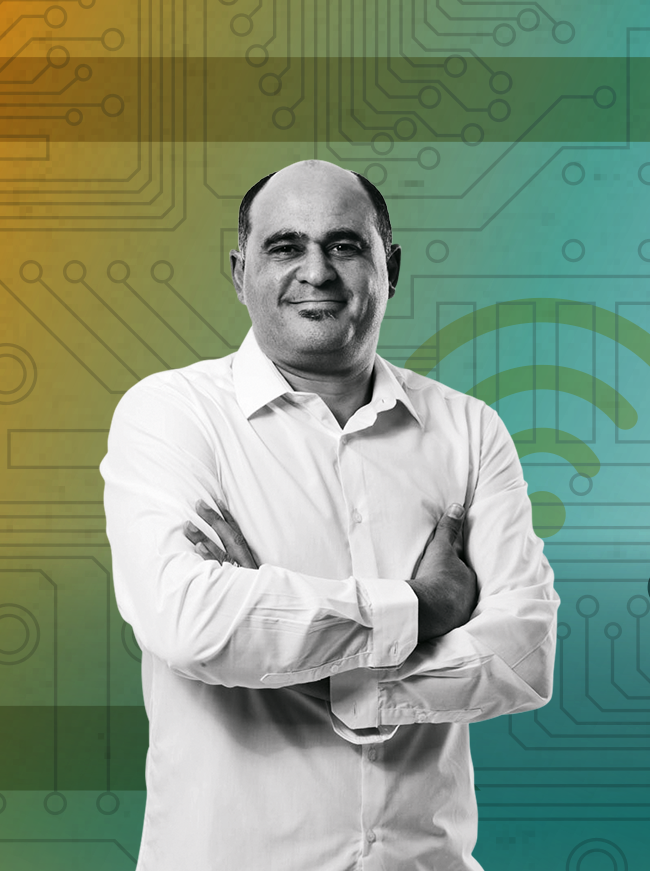One could probably count on one hand the sectors that have not (yet) been fundamentally affected by the advances of information technology. But while operations, production, sales and finance have been transformed by the penetration of IT, other radical changes coming to the whole world of work are often misunderstood.
There are three principle ways in which IT will reshape the workforce and workplace of the future. Obviously, many kinds of work will disappear entirely. This is nothing new, of course. Technology has been disrupting employment practices since before rampaging Luddites destroyed weaving machines in the 1800s, right up to today’s taxi drivers protesting against Uber. However, experts disagree on how this disruption will play out.
Some believe entirely new types of work will be created. For example, it is a popular misconception that the motor car industry somehow absorbed millions of carriage builders, farriers and horse-whip makers. The truth is that entirely new industries sprang up for building better roads, together with a fledgling tourism industry of roadside inns and eateries.
Others believe the sheer scale of the so-called creative destruction brought on by IT is unprecedented and could have unforeseen consequences – or even trigger an economic meltdown of sorts. They cite the potential of Amazon to close down retailers by the dozen; for Apple to implode the music industry; or for Netflix to disrupt the global TV business.
So does everyone get to keep their job by sharpening their IT skills? Probably not. One Deloitte study reports job losses to automation at around 35% by 2020. An Oxford University study from 2013 reports up to 50% job losses in the US. China’s infamous Foxconn factories, where the iPhone is made, has already replaced tens of thousands of workers with robots, and most Chinese factories are following suit. In the face of diminishing income tax returns, Bill Gates and the European parliament have even touted the idea of taxing robots – or rather, taxing the companies deploying the robots.
We should expect to be learning continuously on the job. Mastery of new IT skills and the speed at which new IT systems can be learned, rather than one specific professional skill, will become one of the most sought-after traits in employees of the future. But it’s likely that this won’t be enough to differentiate them in the workplace because, in a bid to speed up the pace of machine learning, we long ago stopped trying to teach machines new tricks. We now programme the machines to teach themselves – and, somewhat alarmingly, each other – and they now learn new skills far faster than humans.
Finally, then, in the face of the threat of mass automation, we must look for more significant ways to differentiate ourselves from the machines and remain relevant in the workplace.
Employees of the future will need to abandon the idea of applying one specific skill over and over again and expecting to be rewarded for their deepening experience. Work based on routine (and not just menial and repetitive jobs but any work that can be codified) will be the first jobs to be automated and managed by machines.
Anthropologists and industrial psychologists agree that no matter how sophisticated artificial intelligence systems of the future might become, they are all by definition rule-based systems. The programming of machines for decision-making is always along a path of logic (in other words, ‘if this is the case, then do that’) and that makes them unable to respond efficiently to unpredictable problems requiring a creative solution.
In this sense, innovation – or the ability to see opportunity or form entirely new ideas – remains a uniquely human quality, one that should come to characterise the human workforce of the future. Rule followers and petty bureaucrats, not so much.









